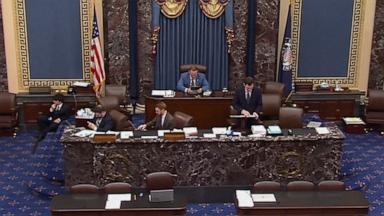Minority Government Becomes Tasmania’s New Norm as Major Parties Lose Ground

Tasmania’s political landscape is undergoing a significant shift, with minority governments emerging as the likely norm as voters increasingly turn away from traditional major parties. Recent electoral trends suggest that neither the Liberal nor Labor Party can rely on securing a majority in the state’s parliament, reflecting a broader decline in support for established political forces.
Analysts attribute this change to growing voter dissatisfaction with major-party politics, as well as the rise of smaller parties and independents. The Tasmanian electoral system, which uses proportional representation, has made it easier for alternative voices to gain a foothold. As a result, negotiations and power-sharing agreements are becoming more common, reshaping how governance functions in the state.
This shift mirrors trends seen in other Australian jurisdictions, where fragmented parliaments have required parties to collaborate or rely on crossbench support. In Tasmania, the trend could lead to more consensus-driven policymaking—or, alternatively, political instability if agreements between parties break down.
Experts suggest that major parties will need to adapt their strategies to remain relevant, whether through policy adjustments or coalition-building. For now, minority government appears to be Tasmania’s new reality, signaling a potential long-term transformation in the state’s political dynamics.









